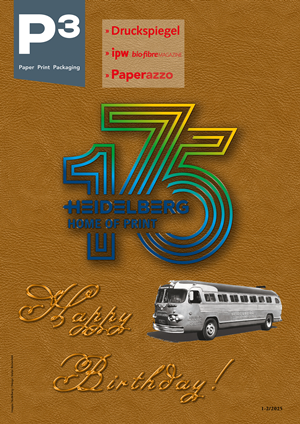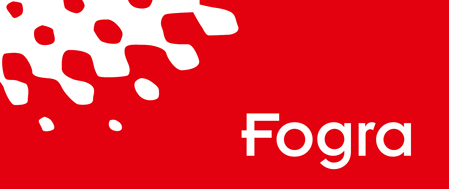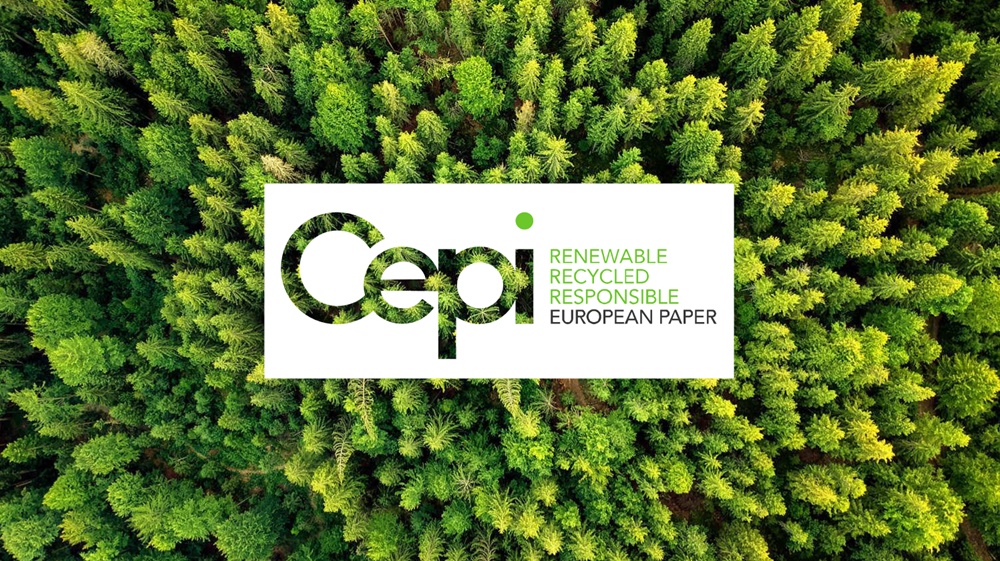P3 1-2/2021 en
New study
Paper-Based Single-Use Packaging: Better Environmental Impact Than Reusable Packaging
EU Policy Update
A new Life Cycle Assessment (LCA) study1, conducted by engineering consultancy Ramboll for the European Paper Packaging Alliance (EPPA) demonstrates the significant environmental benefits of single-use products compared to re-use systems particularly in saving carbon emission and freshwater consumption.
The LCA compares the environmental impact of paper-based single use packaging with the footprint of reusable tableware in Quick Service Restaurants across Europe. The study takes into account a comprehensive use of 24 different food and beverage containers in Quick Service Restaurants namely cold/hot cup, salad bowl with lid, wrap/plate/clamshell/cover, ice cream cup, cutlery set, fry bag/basket fry carton.
According to the baseline scenario, the polypropylene-based multi-use system is responsible for generating over 2.5 times more CO2 emissions and using 3.6 times more freshwater than the paper-based single-use system. The reason for this is that multi-use tableware requires significant amounts of energy and water to be washed, sanitized and dried.
“When looking at different materials and value chains, sustainability requires a comprehensive and open-minded approach. Politicians and industry leaders need to take decisions based on scientific insights rather than beliefs and assumptions. It might seem counterintuitive at first, but the Ramboll study clearly shows that some sustainable single-use products made of paper are indeed better for the environment than reusable plastic ones. We hope that this study will help the European Commission to prepare fact-based policy measures in 2021, namely in the framework of the expected Sustainable Products Initiative,” commented, Ignazio Capuano, Cepi Chairman and CEO of Burgo group Spa.
“We know that climate change is the greatest challenge of our times, and that we all have a responsibility to minimize our climate impact effectively, starting today. Water scarcity is an issue of growing global importance together with deep decarbonization to achieve climate neutrality by 2050. The European paper industry has a unique role to play in the fight against climate change by offering immediate and affordable solutions. Already today, there are 4.5 million tons of single use plastics items that can be replaced by paper-based alternatives with an immediate positive impact for the climate,” added Cepi Director General, Jori Ringman.
The European Union should help create new markets for bio-based products such as paper and board packaging, and ensure that there is a steady supply of sustainably sourced raw materials, like high quality paper for recycling and fresh fibre to put on the market recyclable paper-based products on the market (read our Cepi 2030 Industry Manifesto2).
Fibre-based packaging is already the most collected and recycled packaging material in Europe. And the industry wants to do even better, with the 4evergreen coalition, an alliance of over 50 companies representing the entire fibre-based packaging value chain. The alliance is working on increasing the recycling rates of fibre-based packaging to 90% by 2030.
1 https://www.eppa-eu.org/uploads/Bestanden/RAMBOLL_RAPPORT_FINALE_VERSION.pdf
2 https://cepi.us3.list-manage.com/track/click?u=5a816d81828eafe600030126b&id=645cb99082&e=a8a1e3cfb6







